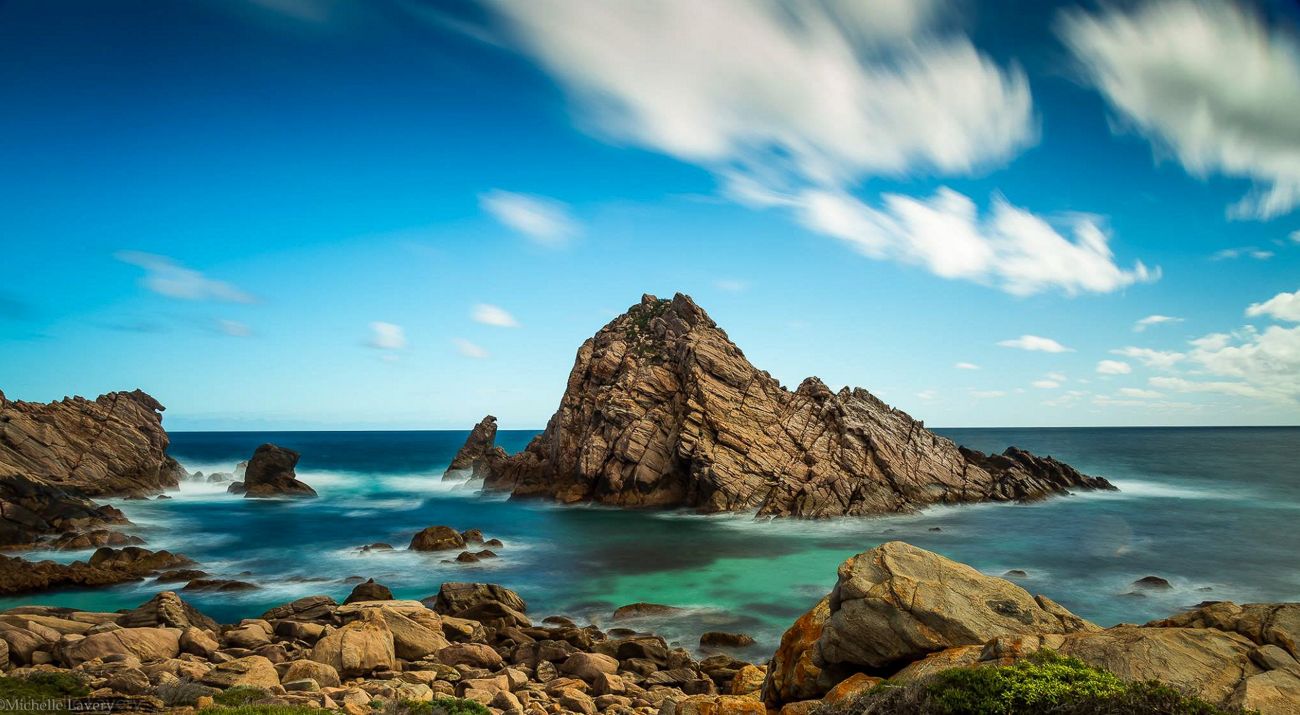Media Contacts
-
Tony Jupp
Associate Director of Communications
Email: tjupp@tnc.org
Two writers have been revealed as joint winners of 2019 Nature Writing Prize. Jenny Sinclair and Sue Castrique received top honours as the winners of the fifth biennial prize, announced this evening at the State Library of Victoria.
Awarded by The Nature Conservancy, the Nature Writing Prize attracts a large number of submissions, each exploring the writer’s relationship and interaction with some aspect of the Australian landscape. The competition’s judges for 2019, Delia Falconer and Tom Griffiths AO, had to choose between many fine essays, ultimately identifying those of the highest literary merit. Jenny Sinclair’s An Orchard For My Father and Sue Castrique’s On the Margins of the Good Swamp were those essays.
Gregory Day’s Summer on the Painkalac, Hayley Katzen’s Life and Work and Deborah Wardle’s Beneath Our Feet were also commended as shortlisted essays for the prize.
Jenny and Sue were each presented with a $5,000 cheque by McLean Foundation trustee Paula McLean, with multimedia versions of both essays published online at griffithreview.com (now available to view).
Rich Gilmore, Country Director at TNC Australia and MC for the evening noted, “The Nature Conservancy Nature Writing Prize was created to promote and celebrate the art of nature writing in Australia, as well as to encourage a greater appreciation of our magnificent landscapes. We are thrilled it’s grown to the point where we are attracting such gifted writers, who are all so clearly passionate about nature and its relationship with the art and literary worlds. Escaping into the pages of well-crafted words gives me the same thrill as escaping into nature, a feeling I am clearly not alone in experiencing.”
The prize has been made possible thanks to the generous support of the McLean Foundation, Maddocks and Griffith Review.

About the Winners
Jenny Sinclair is a writer of stories real and fictional. Her creative work has appeared in Griffith Review, Meanjin, Best Australian Stories, The Age, Island, Verandah, The Lifted Brow, The Big Issue and on ABC radio. Her non-fiction books are Much Ado About Melbourne (2015) (first published as When We Think About Melbourne, 2010) and A Walking Shadow (2012). As a journalist, she has been on staff at The Age and at local newspapers, and written for a wide variety of publications and is currently a PhD candidate at the University of Melbourne, studying Australian historical fiction and writing a historical novel. Jenny splits her time between North Fitzroy and Castlemaine, Victoria.
Sue Castrique is a historian and script editor who lives in Marrickville NSW. She is the author of two books: Under the Colony’s Eye: Gentlemen and Convicts on Cockatoo Island (2014), which was awarded the Kay Daniels prize by the Australian Historical Association, and One Small World: The History of the Addison Road Community Centre (2017). She has also worked extensively in film, most recently as the script consultant on the documentary Undermined, Tales from the Kimberley (2019) produced by Nicholas Wrathall and Stephanie King.
Past Winners
Annamaria Weldon won the inaugural prize for her piece Threshold Country, which the judges described as "a marvellously orchestrated, complex meditation on belonging. It is at once assured and yet gently voiced." The second biennial prize was awarded to Stephen Wright for his essay Bunyip which explored the culture and fate of Indigenous communities and early European settlers as they navigated the landscape of south east Queensland. Victorian author Nick Gadd won the third prize for his essay A Landscape of Stories – a reflection on walking through the industrial landscapes of Melbourne and the fresh ways of seeing an unplanned or unfamiliar route can create. Sophie Cunningham’s Biyala Stories won the 2017 prize, described by judges as, “Dense with information about the trees, alert to the absences hidden in our understanding of the landscape and the harbingers of climate change’s convulsions, it offers an eloquent reminder of the degree to which the survival of the trees and the rivers is connected to our own.”
The Nature Conservancy is a global conservation organisation dedicated to conserving the lands and waters on which all life depends. Guided by science, we focus on getting things done efficiently and with the greatest positive impact for conservation. We’re a trusted organisation working in more than 70 countries and territories around the world on innovative solutions to our world’s toughest challenges so that nature and people can thrive together. To learn more about The Nature Conservancy in Australia, follow us on Facebook.
